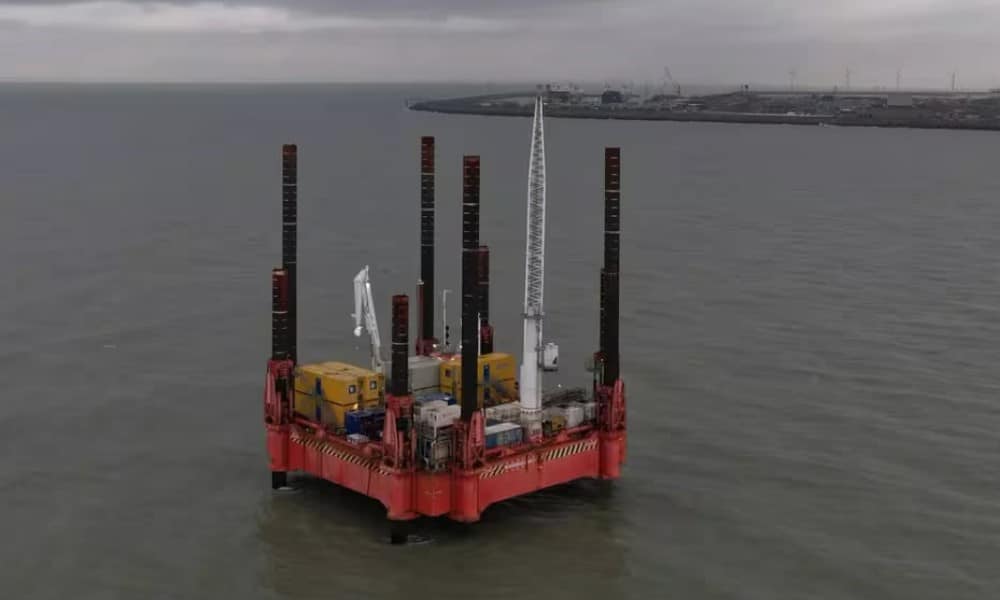Fugro Conducts Ground Investigation for CO2 Pipeline

Fugro, a Dutch surveying company, has been awarded a significant contract to conduct a comprehensive ground investigation for a new carbon dioxide (CO2) pipeline off the coast of Belgium. This project is part of a larger initiative by Equinor, which plans to construct a 1,000-kilometre pipeline to transport CO2 from mainland Europe to Norway. The pipeline aims to be operational by 2030, marking a crucial step in the efforts to reduce carbon emissions and combat climate change.
Project Overview and Objectives
The planned pipeline will connect CO2 hubs located in Zeebrugge, Belgium, and Dunkirk, France, to storage wells situated on the Norwegian continental shelf. This ambitious project is designed to facilitate the safe and efficient transport of CO2, which is essential for various industrial processes and for achieving climate targets. Fugro’s geotechnical work is a vital component of this project, as it will provide critical data needed for the development of the pipeline’s landfall and its deep burial under the Scheur ship channel.
The ground investigation will utilize Fugro’s advanced liveaboard jackup platform, WaveWalker. This type of platform is particularly well-suited for operations in shallow waters, such as those near Zeebrugge. The WaveWalker is capable of operating under a variety of weather conditions, which allows Fugro to mobilize for the project in the winter of 2024. The investigation will include geotechnical borehole drilling, high-quality sampling, and downhole cone penetration tests. These activities are essential for understanding the geological conditions along the pipeline route, ensuring that the installation process is both safe and efficient.
Turkey A Major Crude Oil Exporter and Major Oil Player in the Mediterranean
Previous Successes and Future Implications
This contract follows Fugro’s successful marine geotechnical campaigns conducted earlier this year. In August, two vessels were deployed to gather data along the proposed CO2 highway route. The Fugro Galaxy was responsible for conducting cone penetration tests (CPT) and vibrocore sampling, while the Fugro Meridian focused on completing the deepwater sections of the investigation. These preliminary efforts have laid the groundwork for the current project and demonstrate Fugro’s expertise in marine geotechnical investigations.
The insights gained from the ongoing ground investigation will be invaluable for Equinor as they move forward with the pipeline project. Understanding the seabed conditions and geological characteristics will help in making informed decisions regarding the design and construction of the pipeline. As the world increasingly turns to carbon capture and storage solutions, projects like this one play a crucial role in mitigating climate change and promoting sustainable practices. The successful completion of this pipeline could set a precedent for future CO2 transport initiatives across Europe and beyond.
